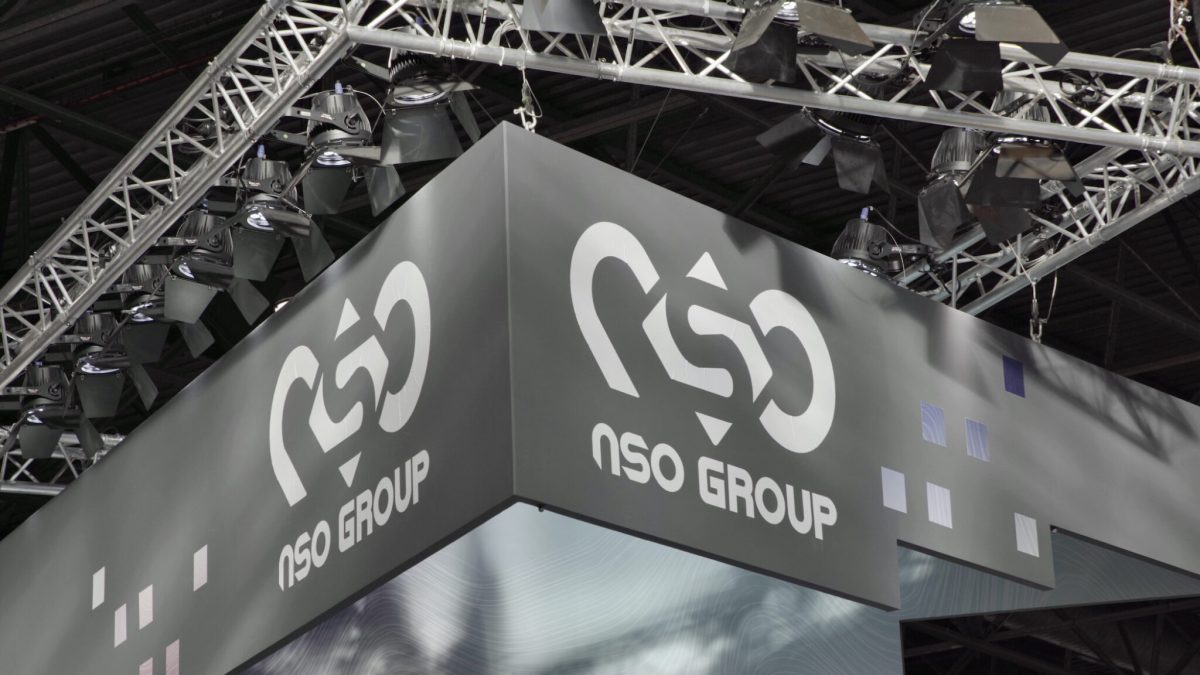This week a group of global newspapers is running a series of articles detailing abuses of NSO Group’s Pegasus spyware. If you haven’t seen any of these articles, they’re worth reading — and likely will continue to be so as more revelations leak out. The impetus for the stories is a leak comprising more than 50,000 phone numbers that are allegedly the targets of NSO’s advanced iPhone/Android malware.
Notably, these targets include journalists and members of various nations’ political opposition parties — in other words, precisely the people who every thinking person worried would be the target of the mass-exploitation software that NSO sells. And indeed, that should be the biggest lesson of these stories: the bad thing everyone said would happen now has.
This is a technical blog, so I won’t advocate for, say, sanctioning NSO Group or demanding answers from the luminaries on NSO’s “governance and compliance” committee. Instead I want to talk a bit about some of the technical lessons we’ve learned from these leaks — and even more at a high level, precisely what’s wrong with shrugging these attacks away.
We should all want perfect security!

A perverse reaction I’ve seen from some security experts is to shrug and say “there’s no such thing as perfect security”. More concretely, some folks argue, this kind of well-resourced targeted attack is fundamentally impossible to prevent — no matter how much effort companies like Apple put into stopping it.
And at the extremes, this argument is not wrong. NSO isn’t some script-kiddy toy. Deploying it costs hundreds of thousands of dollars, and fighting attackers with that level of resources is always difficult. Plus, the argument goes, even if we raise the bar for NSO then someone with even more resources will find their way into the gap — perhaps charging an even more absurd price. So let’s stop crapping on Apple, a company that works hard to improve the baseline security of their products, just because they’re failing to solve an impossible problem.
Still that doesn’t mean today’s version of those products are doing everything they could be to stop attacks. There is certainly more that corporations like Apple and Google could be doing to protect their users. However, the only way we’re going to get those changes is if we demand them.
Not all vectors are created equal
Because spyware is hard to capture, we don’t know precisely how Pegasus works. The forensic details we do have come from an extensive investigation conducted by Amnesty International’s technology group. They describe a sophisticated infection process that proved capable of infecting a fully-patched iPhone 12 running the latest version of Apple’s iOS (14.6).
Many attacks used “network injection” to redirect the victim to a malicious website. That technique requires some control of the local network, which makes it hard to deploy to remote users in other countries. A more worrying set of attacks appear to use Apple’s iMessage to perform “0-click” exploitation of iOS devices. Using this vector, NSO simply “throws” a targeted exploit payload at some Apple ID such as your phone number, and then sits back and waits for your zombie phone to contact its infrastructure.
This is really bad. While cynics are probably correct (for now) that we probably can’t shut down every avenue for compromise, there’s good reason to believe we can close down a vector for 0-interaction compromise. And we should try to do that.
What can we do to make NSO’s life harder?
What we know that these attacks take advantage of fundamental weaknesses in Apple iMessage: most critically, the fact that iMessage will gleefully parse all sorts of complex data received from random strangers, and will do that parsing using crappy libraries written in memory unsafe languages. These issues are hard to fix, since iMessage can accept so many data formats and has been allowed to sprout so much complexity over the past few years.
There is good evidence that Apple realizes the bind they’re in, since they tried to fix iMessage by barricading it behind a specialized “firewall” called BlastDoor. But firewalls haven’t been particularly successful at preventing targeted network attacks, and there’s no reason to think that BlastDoor will do much better. (Indeed, we know it’s probably not doing its job now.)
Adding a firewall is the cheap solution to the problem, and this is probably why Apple chose this as their first line of defense. But actually closing this security hole is going to require a lot more. Apple will have to re-write most of the iMessage codebase in some memory-safe language, along with many system libraries that handle data parsing. They’ll also need to widely deploy ARM mitigations like PAC and MTE in order to make exploitation harder. All of this work has costs and (more importantly) risks associated with it — since activating these features can break all sorts of things, and people with a billion devices can’t afford to have .001% of them crashing every day.
An entirely separate area is surveillance and detection: Apple already performs some remote telemetry to detect processes doing weird things. This kind of telemetry could be expanded as much as possible while not destroying user privacy. While this wouldn’t necessarily stop NSO, it would make the cost of throwing these exploits quite a bit higher — and make them think twice before pushing them out to every random authoritarian government.
It’s the scale, stupid
Critics are correct that fixing these issues won’t stop exploits. The problem that companies like Apple need to solve is not preventing exploits forever, but a much simpler one: they need to screw up the economics of NSO-style mass exploitation.
Targeted exploits have been around forever. What makes NSO special is not that they have some exploits. Rather: NSO’s genius is that they’ve done something that attackers were never incentivized to do in this past: democratize access to exploit technology. In other words, they’ve done precisely what every “smart” tech business is supposed to do: take something difficult and very expensive, and make it more accessible by applying the magic of scale. NSO is basically the SpaceX of surveillance.
But this scalability is not inevitable.
NSO can afford to maintain a 50,000 number target list because the exploits they use hit a particular “sweet spot” where the risk of losing an exploit chain — combined with the cost of developing new ones — is low enough that they can deploy them at scale. That’s why they’re willing to hand out exploitation to every idiot dictator — because right now they think they can keep the business going even if Amnesty International or CitizenLab occasionally catches them targeting some human rights lawyer.
But companies like Apple and Google can raise both the cost and risk of exploitation — not just everywhere, but at least on specific channels like iMessage. This could make NSO’s scaling model much harder to maintain. A world where only a handful of very rich governments can launch exploits (under very careful vetting and controlled circumstances) isn’t a great world, but it’s better than a world where any tin-pot authoritarian can cut a check to NSO and surveil their political opposition or some random journalist.
So how do we get to that world?
In a perfect world, US and European governments would wake up and realize that arming authoritarianism is really is bad for democracy — and that whatever trivial benefit they get from NSO is vastly outweighed by the very real damage this technology is doing to journalism and democratic governance worldwide.
But I’m not holding my breath for that to happen.
In the world I inhabit, I’m hoping that Ivan Krstić wakes up tomorrow and tells his bosses he wants to put NSO out of business. And I’m hoping that his bosses say “great: here’s a blank check.” Maybe they’ll succeed and maybe they’ll fail, but I’ll bet they can at least make NSO’s life interesting.
But Apple isn’t going to do any of this if they don’t think they have to, and they won’t think they have to if people aren’t calling for their heads. The only people who can fix Apple devices are Apple (very much by their own design) and that means Apple has to feel responsible each time an innocent victim gets pwned while using an Apple device. If we simply pat Apple on the head and say “gosh, targeted attacks are hard, it’s not your fault” then this is exactly the level of security we should expect to get — and we’ll deserve it.
